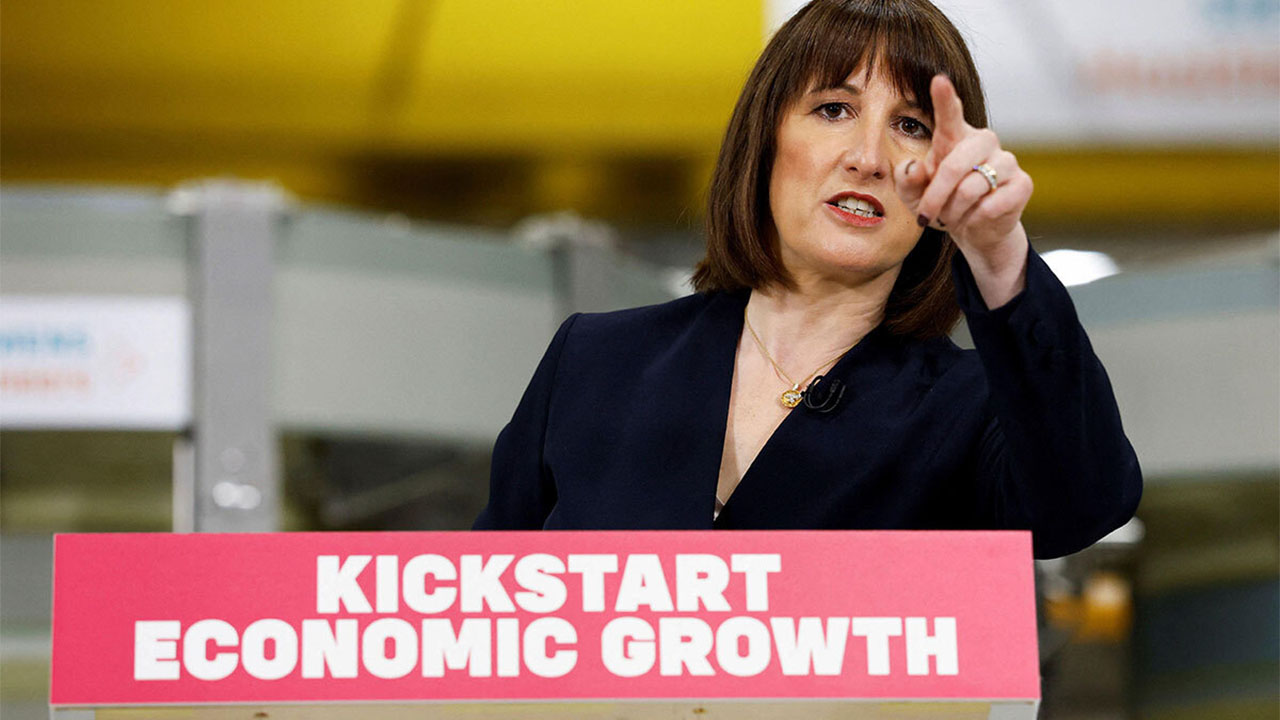With the World Health Organisation upgrading the global risk of the coronavirus outbreak to ‘very high’, businesses are becoming increasingly alert to the risk of events being cancelled and contracts going unfulfilled.
The spread of coronavirus (also known as Covid-19) is a potentially high-impact event, outside of the control of businesses. But what rights do you have if you or your suppliers are prevented from performing your contractual obligations due to the coronavirus outbreak?
The instinct of many businesses is that this is exactly the sort of scenario which the ‘force majeure’ provision in their contracts will cover. Tucked away somewhere near the end of the contract, rarely read, there is an assumption that this old friend will ride to the rescue of businesses trying to manage their response to coronavirus. But is that a safe assumption?
What Is a Force Majeure Clause?
A force majeure clause sets out the rules that will apply where some external event – outside of the control of the parties to a contract – gets in the way of performance of the contract. There is no standard English legal principle of force majeure. The rules that apply will be the rules that are set out in your contract. The starting point at law is that the parties are required to perform their contractual obligations, and force majeure is seen as something that may excuse a party from doing so.
Typically, force majeure clauses will provide that – where a party is prevented from, or sometimes only hindered in, performing its obligations as a result of the occurrence of a force majeure event – the affected party will not be liable to the other for failure to perform its obligations as a result of a force majeure event. If the force majeure event continues beyond a certain period of time, one or both of the parties will often be entitled to bring the contract to an end. There may also be conditions attached to the force majeure clause before it can apply.
3 Things to Consider When Reviewing Your Force Majeure Clause
- Is coronavirus within the category of events which could, potentially, trigger the force majeure clause?
Some force majeure clauses list a closed category of ‘events’ which can constitute force majeure. If coronavirus (or, more likely, an epidemic or pandemic) is not within that closed category of events, then the analysis may stop there. Although the force majeure clause may still be activated if the relevant ‘event’ preventing performance is the imposition of government restrictions (e.g. banning travel or public meetings) – provided that those sorts of restrictions fall within the closed category of ‘events’ listed in the contract.Some force majeure clauses also refer to a general “any event beyond the reasonable control of the parties”. In that scenario, coronavirus could almost certainly be within the scope of the force majeure clause – but whether it is relieves a party of their obligations will depend on the factors below.
- Does coronavirus impact the parties’ ability to carry out their obligations?
It will almost certainly not be enough that coronavirus falls within the potential category of force majeure events. The party looking to be excused from performance usually also has to show that the ‘event’ impacts its ability to carry out its obligations.This is where the analysis will be more complex, and will depend on the detailed drafting of the clause and the circumstances that you face. For example, if the clause requires a party to be ‘prevented’ from carrying out their obligations (rather than ‘hindered’ in doing so), then a management decision to err on the side of caution and choose not to provide a contracted supply in order to reduce the risk of the spread of the virus is unlikely to satisfy that test. The force majeure clause will probably not apply, even though coronavirus will have been the reason why the supplier chose not to supply.
On the other hand, if the supplier cannot carry out that contracted service because a government mandate – designed to slow the spread of the virus – prevents it from doing so, then the force majeure clause will very probably apply – again, depending on the exact situation.
And there will, of course, be a whole range of circumstances in between, which will require careful interpretation of your contract in the context of those circumstances.
- What are the consequences of the force majeure clause being triggered?
Can the contract be terminated, and how? Or does the contract get extended? What if the supplier has more than one customer to supply and it has to make a choice between them (such as due to shortages of supplies) – does force majeure provide a get-out?Does the affected party need to serve formal notice on the other in order to enjoy the benefit of the force majeure protection? If so, by when? Does the clock start ticking on a right to terminate the contract? Do the parties have to mitigate and take steps to avoid the worst of the consequence, or can they sit on their hands? Who bears the cost during the force majeure event?
These are all common questions and the answers will depend on the exact drafting of the clause.
What Practical Steps Should Businesses Take?
At the time of writing, the current coronavirus situation in the UK is, in our view, unlikely to trigger most force majeure clauses for most businesses. However, as the circumstances change, that situation may well change and businesses could see force majeure clauses being properly activated. You should consider the following steps in particular:
- Make Sure You Understand Your Position Early
Where you think that you, or your suppliers, may be exposed to the risk of being unable to perform contractual obligations as a result of the coronavirus situation, we strongly recommend that you review those contracts at an early stage. This will allow you to identify your risks, and – where possible – put in place appropriate mitigation. - Coordinate the Approach to the Issue Across your Business
Decisions taken in relation to staff, and working practices, may well have an effect on service delivery under your contracts. A coordinated approach between all parts of your business will help you to identify, manage and mitigate risks early.
- Consider What Insurance You Have
Some insurance policies may cover losses associated with the impact of coronavirus. You should consider whether your insurance covers those circumstances (and if it does, ensure that you comply with any notice provisions and other requirements of that policy).
- Engage Pragmatically with Your Contract Counterparties
In many cases, the application of a force majeure clause to the particular circumstances facing your business may not be clear cut. We strongly recommend engaging pragmatically with your contract counterparties as to how the situation is most effectively managed.
- Review Your Contractual Dispute Resolution Process
If you are concerned that you might end up in dispute with your counterparty, does your contract require you to take any particular steps in order to seek to resolve that dispute? You should ensure that you are familiar with those steps, and that you follow them where necessary.
Ed Rimmell is a Partner at award-winning law firm VWV, with offices in London, Watford, Bristol and Birmingham.









